Samson Motors, a company based in Oregon, US, has announced that the Switchblade, which it claims is the world’s first flying sports car, is ready for launch in spring 2018.
The three-wheel Switchblade is more akin to conventional light aircraft than the ever-growing number of flying cars pitched in recent months, eschewing vertical take-off and landing (VTOL) due to a lack of infrastructure (landing and take-off points) and VTOL flying cars’ relative lack of range and speed.
Read about Uber's flying car effort here
With a cruising altitude of 13,000 feet and a 200mph top speed in the air, the two-seater features extendable wings and a retractable tail that fold out - either manually or electronically, if this currently-in-development option is specified - and extend for flight. The Switchblade's top ground speed is in excess of 100mph.
In ground mode, the car is 5.1 metres long, or the same length as the standard-wheelbase Mercedes-Benz S-Class. It’s around 330mm narrower, though, at just 1.8m wide. In flight mode, the Switchblade's length increases to 6.2m with the tail extended, while the wings fold out for a wingspan of 8.2m. The car’s takeoff weight is 794kg, or around a third more than the Ariel Atom.
Takeoff and landing distances are 335m and 488m respectively, and although the car’s 26ft wingspan doesn’t allow road-based takeoffs, Samson claims that the car will be able to be flown from regular airports. At around 80mph, the car takes off naturally if the wings are extended, says Samson.
The Switchblade is powered by an engine of Samson’s own creation: a 190bhp liquid-cooled 1.6-litre V4, which returns fuel economy of around 48mpg on the ground, running on 91 Octane fuel. In the air, it's around 9g/hr, giving a range of around 450 miles from the 113-litre fuel tank.
Transmission for driving is a five-speed unit.
A full driving licence is required to operate the car on the roads and a private pilot’s licence is required to fly it. US law dictates that 51% of the vehicle must be built by the owner, given its experimental/homebuilt classification. With Samson’s professional assistance, this can be completed in three weeks at a Samson Build Assist Centre.
Standard kit on the Switchblade includes a premium sound system with MP3 compatibility, a reversing camera, a digital instrument display and leather seats.
Safety kit includes a parachute for the whole vehicle, disc brakes front and rear, rollover protection and crumple zones front and rear. There’s enough space for golf clubs in the storage area, although Samson only specifies up to around 23kg for luggage.
Airbus is getting in on the flying car scene - read more
Prices for the Switchblade are targeted to start at around £90,000, although an extra £15,000 will be applied if owners opt for the Samson Build Assistance.
Three further variants of the machine are available: Snowbird, for colder climates; Trek, a more rugged version with heavier-duty landing gear and extra mounts for additional cargo; and Aurora, which combines the Trek and Snowbird packs.

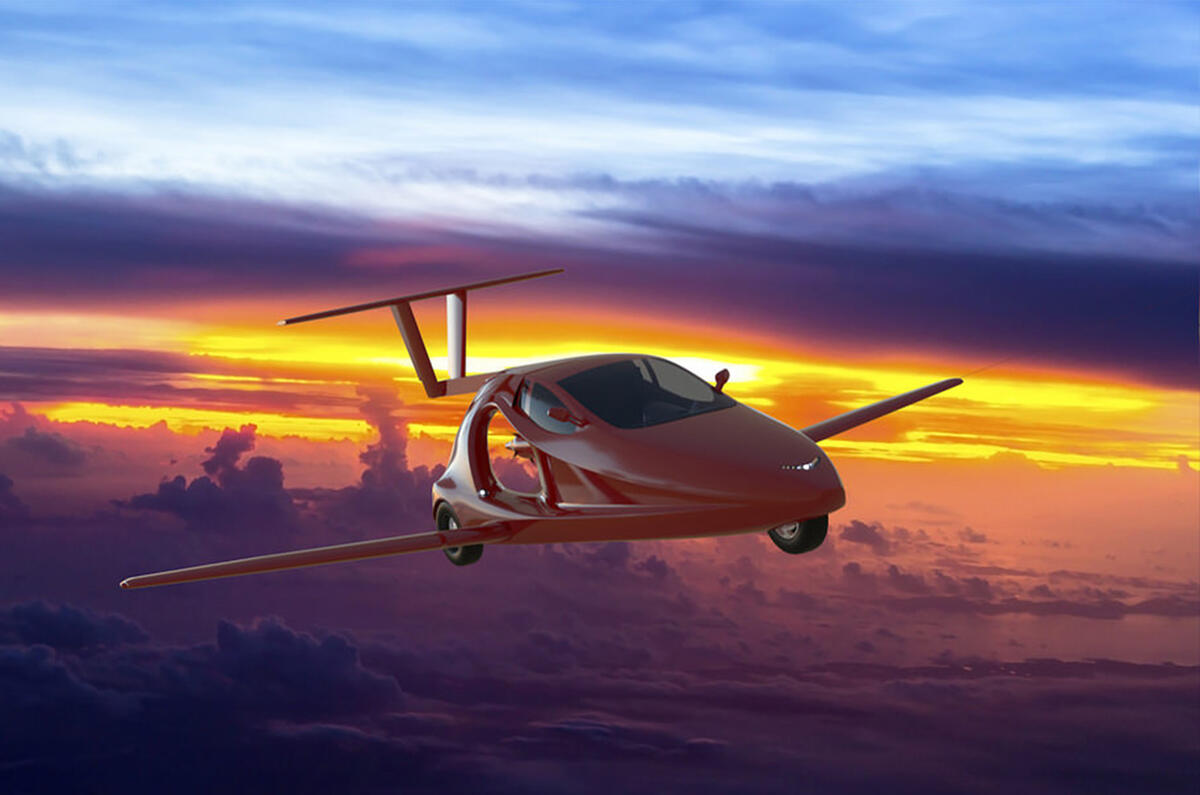
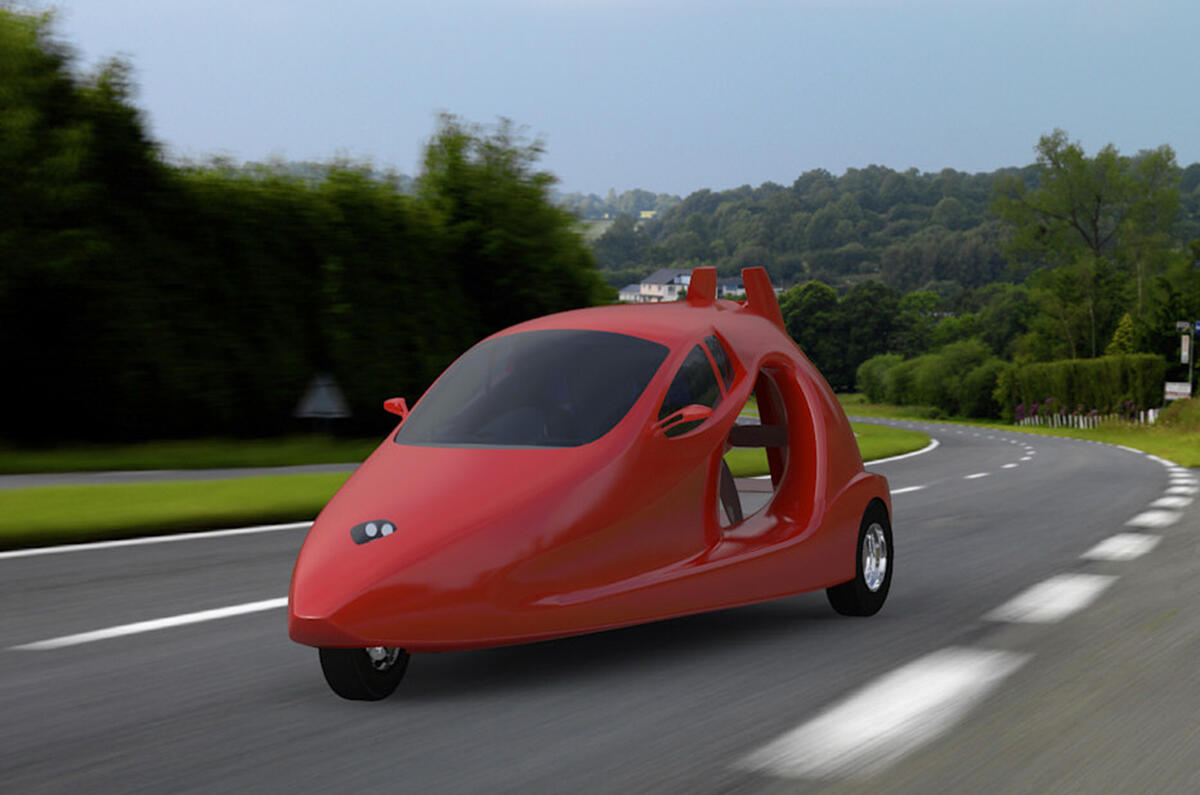
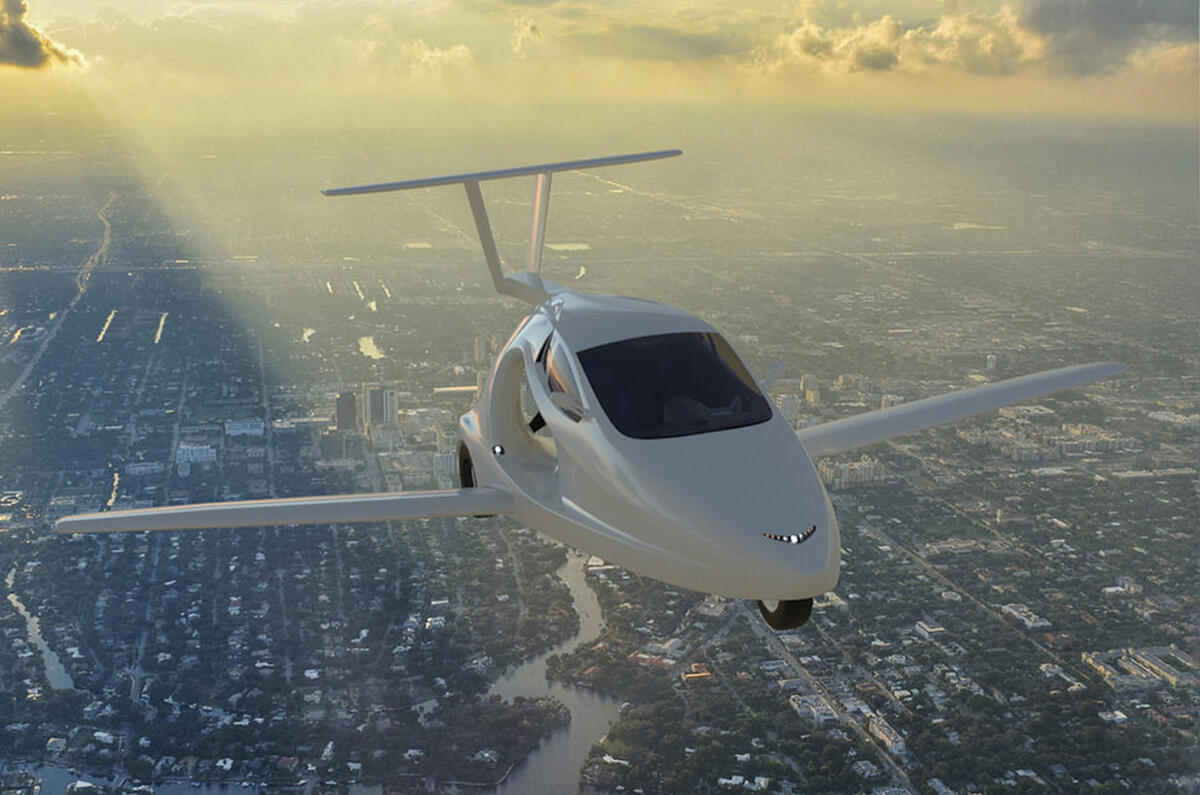
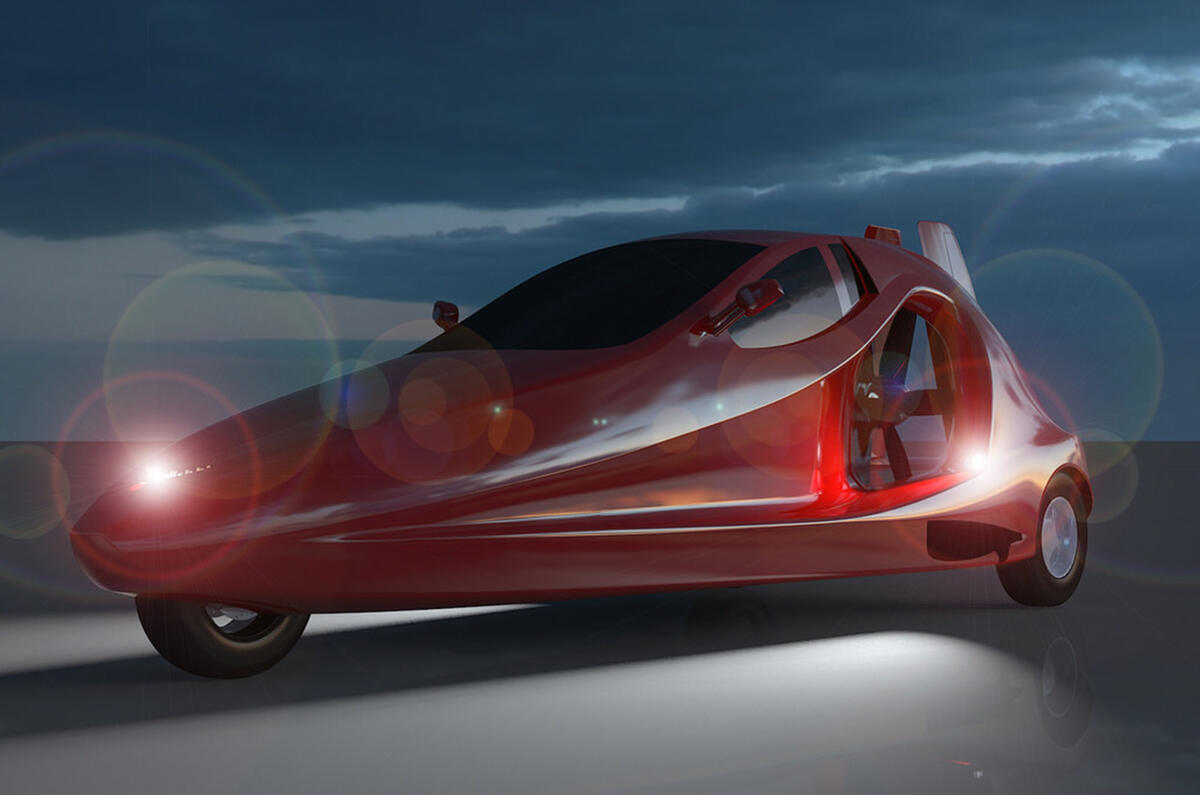
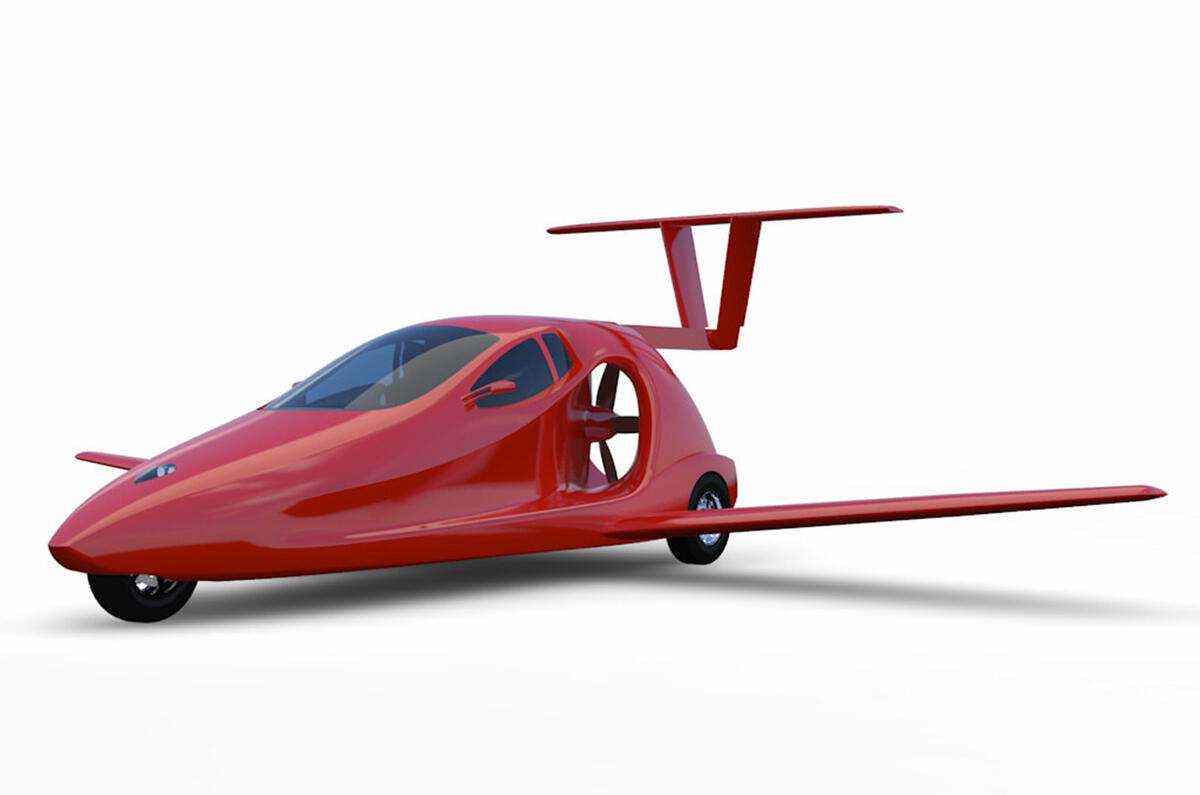
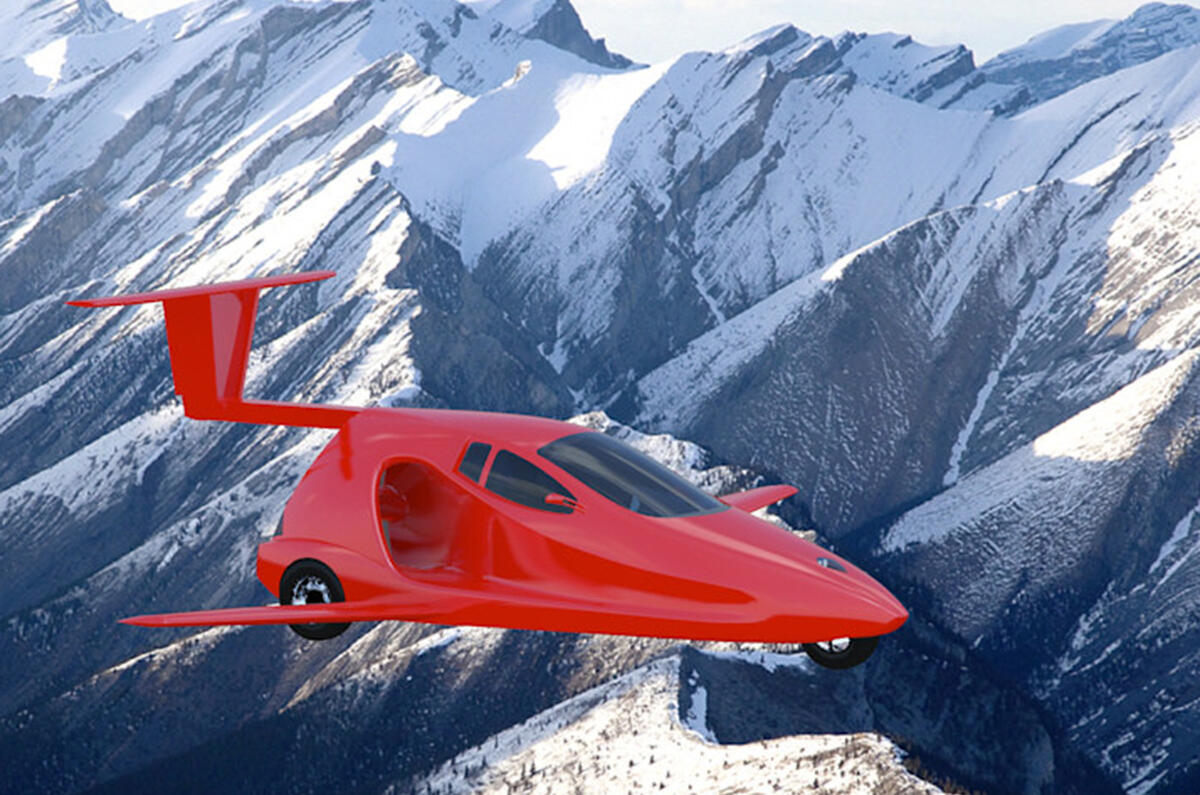
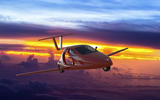
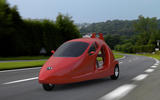

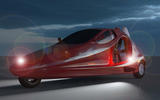
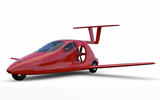



Join the debate
Add your comment
The Switchblade haters....
I know I want one and will be looking into this very thing.and you can best believe I'll be in line for mine as soon as I can.
So suck it. Haterz
Surely some mistake.
Hmm. 8.2 meter wingspan less 1.8 body width gives 6.4 metres so each wing is 3.2 meters. Chord not given but looks to be about one fifth of span, call it 0.66 metres, so each wing has an area of 2.2 square metres for a total of 4.4 square meters call it 47 square feet. Take off weight is 794kg call it 1750lbs, so wing loading is 37lbs per square foot. Yikes! The Cessna 172 has a wing loading of 14lbs per square foot, a modern light sport plane like the Tecnam Astore has 10lbs per square foot. I don’t see the underside of the cockpit helping much. What's our vector, Victor? And don't call me Shirley.
275not599 wrote:
There have been aircraft with similarly high wing loadings. The F-104 Starfighter springs to mind. The US fighter that crashed a lot. Knicknamed The Lawn Dart.
Leslie Brook wrote:
Not to mention Supercar, but then that Professor Popkiss was a genius.
Switchblade
Seems most people want to change the actual specifications to match there own views but the reality is the the Switchblade will fly more comfortibly than a Cessna 172 with a slightly heavier wing loading of 28 PSF (actual wing loading) - check it out yourself - Samsom motorworks. The Switchblade is not a sport plane and never intended to be. As you may know many of the aircraft flying today have much heavier wing loading and do just fine - so what is your point?
Switchblade
Seems most people want to change the actual specifications to match there own views but the reality is the the Switchblade will fly more comfortibly than a Cessna 172 with a slightly heavier wing loading of 28 PSF (actual wing loading) - check it out yourself - Samsom motorworks. The Switchblade is not a sport plane and never intended to be. As you may know many of the aircraft flying today have much heavier wing loading and do just fine - so what is your point?
Haw can there possible by less places
for VTOL than a conventional runway? Who writes this nonsense?